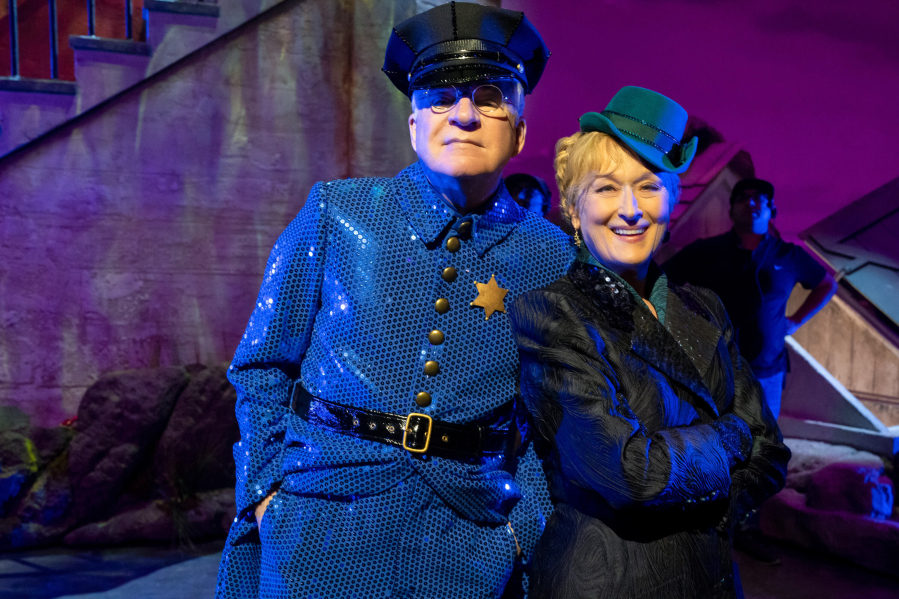[Warning: The following contains major spoilers from the Season 3 finale of “Only Murders in the Building.”]
John Hoffman gets nervous whenever Hulu releases a new “Only Murders in the Building” episode. “I don’t know why I get this way, because there’s nothing I can do at that point,” said the series’ co-creator and showrunner. “But when they’re dropping for the first time, I’m always in a panic.”
That’s a particularly understandable reaction to the Season 3 finale, now streaming, which features snippets of four musical numbers, identifies two homicidal culprits and, of course, reveals one new murder in a cliffhanger that will have fans eagerly awaiting Season 4.
It all begins with the confirmation that star actor Ben Glenroy (Paul Rudd) was poisoned by seasoned producer Donna (Linda Emond) after she read a soon-to-be-printed review of their new musical. “[It] would’ve killed the show, so I bought us some time,” she tells amateur sleuths Oliver (Martin Short), Charles (Steve Martin) and Mabel (Selena Gomez) when they corner her backstage. “I wasn’t trying to kill Ben, I was just trying to knock him on his ass.”



